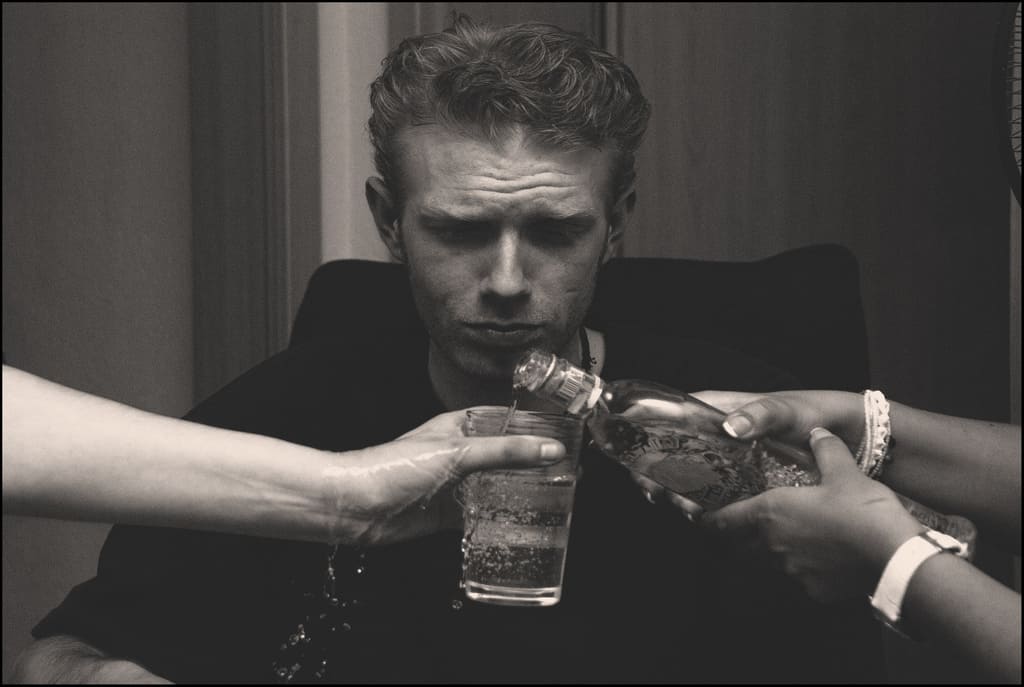Do you use your home as a small entertainment venue periodically and serve alcohol to friends or co-workers? Serving alcohol to guests can make your gatherings fun, but it can also come with consequences.
You’re probably aware of your legal responsibility should anyone get hurt on your property, but did you know you could be held responsible if a guest drives home drunk and causes an accident?
This particular form of liability is called Social Host Liability (also known as Dram Shop Liability) and the consequences could make you reconsider serving alcohol at your gatherings.
What is social host liability?
Social host liability laws hold event hosts legally responsible for intoxicated guests who cause an alcohol-related accident, provided the guest became intoxicated at the event. In states where these laws exist, only third parties can sue the host for damages and injuries. The intoxicated guest who caused the accident generally can’t sue when they’ve caused the accident.
Are there social host liability laws in your state?
Currently only 43 states have social host liability laws on the books. In addition to suing for damages, some states also allow injured parties to bring criminal charges.
On the other hand, some of the remaining seven states have laws that actually protect hosts from liability.
If you’re not sure if your state has social host liability laws and you can’t find the statute online, consult with an attorney to get a definite answer. If you serve alcohol regularly, this is one law you don’t want to ignore.
Knowing a guest is intoxicated creates immense liability
While it’s true that you can’t be responsible for what your guests do, there are some limitations to that logic. For example, if you know a guest is intoxicated and you allow them to drive home, you can be held liable if they cause an accident. You may not be able to get their keys, but you can call 911 and report them as a drunk driver. If you don’t at least report them to 911, you’re complicit in the eyes of the law.
You could be held liable for someone else’s DUI
While alcohol can cause just about any type of accident, car accidents are the most common and the easiest to prove damages. Damages are tied to fault. After a car crash, the presence of alcohol makes it easier to determine fault since driving with a blood alcohol level above the legal limit is illegal.
The Dolman Law Firm in Boston explains how fault is normally determined in several types of car accidents. Sometimes determining fault is difficult when multiple people contributed to the accident. Alcohol makes it easier to assign complete fault to the intoxicated driver.
If the law is applicable and a drunk guest leaves your house and gets arrested for a DUI, any injured parties can sue you for serving alcohol to the at-fault driver. That means if you serve alcohol to a guest who becomes intoxicated and causes a car accident on the way home, whoever they hit can sue you for their injuries.
Tips for serving alcohol safely to guests
If you still want to serve alcohol to your guests, you’re not completely out of luck. Here are 4 ways to mitigate the risks associated with intoxicated guests.
1. Host your gatherings somewhere with a liquor license
If you can, host your gatherings at a restaurant or bar where the establishment has a liquor license. This will minimize your liability and you won’t have to be the bad guy who has to cut people off when they’ve reached their limit.
2. Hire a professional bartender to serve your alcohol
While this won’t protect you from liability, a professional bartender will know how to recognize when people are on the brink of intoxication and they can help you manage consumption limits.
3. Stop serving alcohol quickly
Stop serving alcohol at least a few hours before your guests are expected to depart. This might require serving alcohol for the first 30 minutes only.
4. Require everyone to take a breathalyzer before leaving
Have your guests take a breathalyzer before leaving and don’t let them leave until they pass or have a designated driver. You’ll need to have your guests agree to this in writing prior to attending your event, but most people will find this reasonable.
Protect your guests and third-parties
If you want to serve alcohol, take precautions to protect your guests and any third-parties they may encounter if they leave your event intoxicated. You can’t control what your guests do once they leave, but you can control how intoxicated they get during your events.

